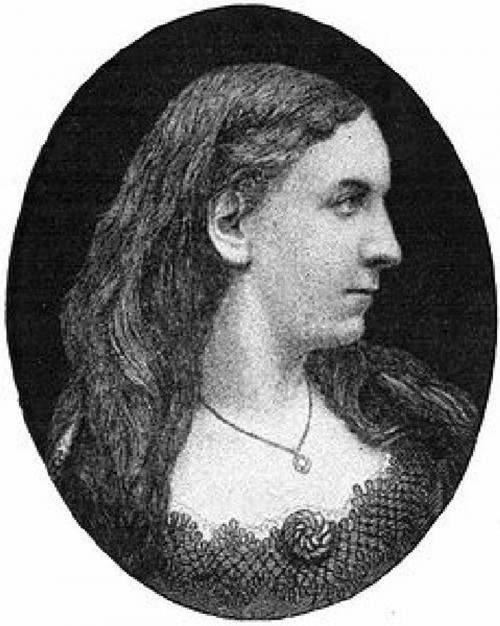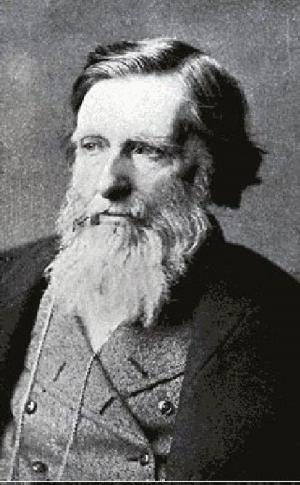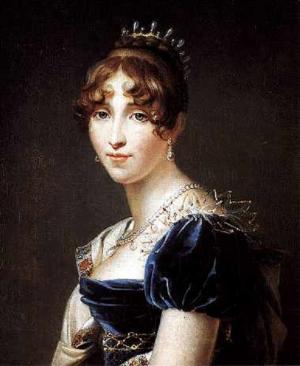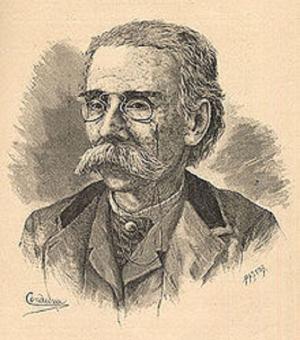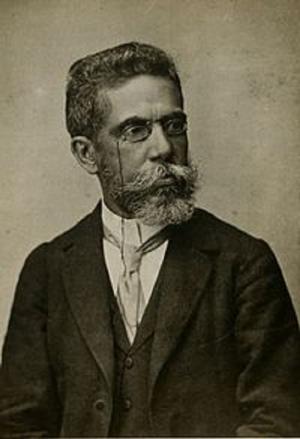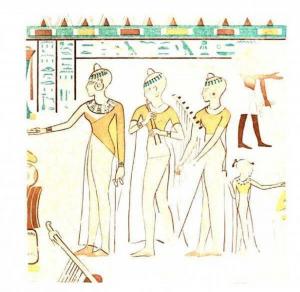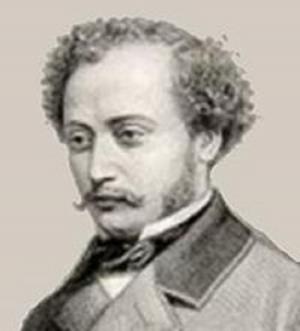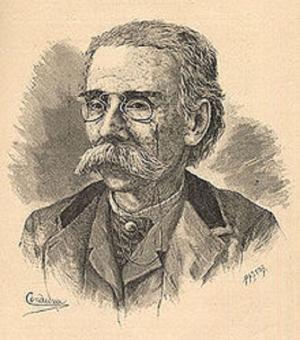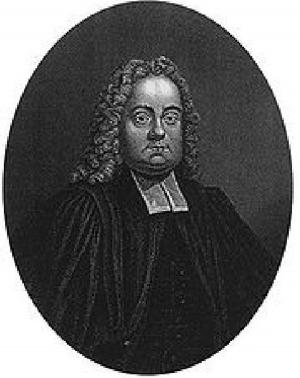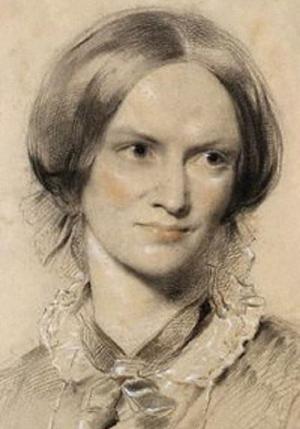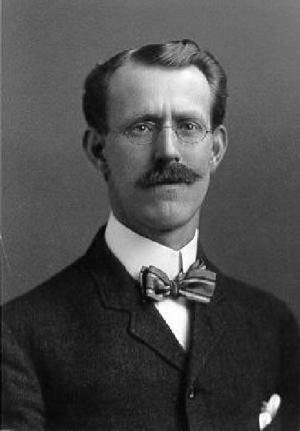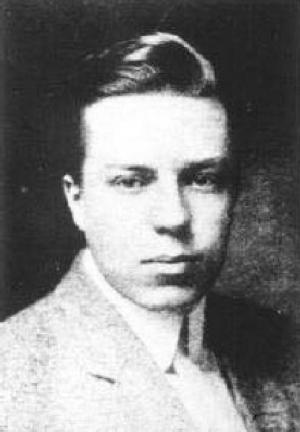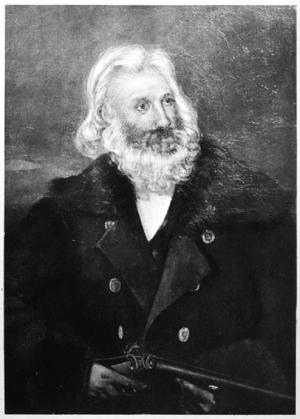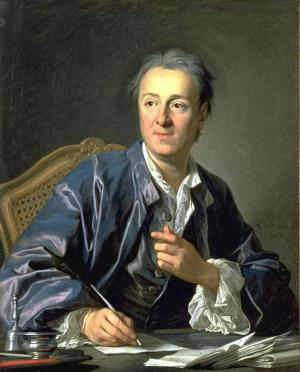| Author: | Ouida | ISBN: | 9781455333882 |
| Publisher: | B&R Samizdat Express | Publication: | June 10, 2015 |
| Imprint: | Quench Editions | Language: | English |
| Author: | Ouida |
| ISBN: | 9781455333882 |
| Publisher: | B&R Samizdat Express |
| Publication: | June 10, 2015 |
| Imprint: | Quench Editions |
| Language: | English |
According to Wikipedia: "Ouida (January 1, 1839 [1] January 25, 1908) was the pen name of the English novelist Maria Louise Ramé (although she preferred to be known as Marie Louise de la Ramée). ... During her career, she wrote more than 40 novels, children's books and collections of short stories and essays. She was an animal rights activist and animal rescuer, and at times owned as many as thirty dogs. For many years she lived in London, but about 1874 she went to Italy, where she died. Ouida's work went through several phases during her career. In her early period, her novels were a hybrid of the sensationalism of the 1860s and the proto-adventure novels dubbed "muscular fiction" that were emerging in part as a romanticization of imperial expansion. Later her work was more along the lines of historical romance, though she never stopped comment on contemporary society. She also wrote several stories for children. One of her most famous novels, Under Two Flags, described the British in Algeria in the most extravagant of terms, while nonetheless also expressing sympathy for the French--with whom Ouida deeply identified--and, to some extent, the Arabs. This book went on to be staged in plays, and subsequently to be turned into at least three movies, transitioning Ouida in the 20th century."
According to Wikipedia: "Ouida (January 1, 1839 [1] January 25, 1908) was the pen name of the English novelist Maria Louise Ramé (although she preferred to be known as Marie Louise de la Ramée). ... During her career, she wrote more than 40 novels, children's books and collections of short stories and essays. She was an animal rights activist and animal rescuer, and at times owned as many as thirty dogs. For many years she lived in London, but about 1874 she went to Italy, where she died. Ouida's work went through several phases during her career. In her early period, her novels were a hybrid of the sensationalism of the 1860s and the proto-adventure novels dubbed "muscular fiction" that were emerging in part as a romanticization of imperial expansion. Later her work was more along the lines of historical romance, though she never stopped comment on contemporary society. She also wrote several stories for children. One of her most famous novels, Under Two Flags, described the British in Algeria in the most extravagant of terms, while nonetheless also expressing sympathy for the French--with whom Ouida deeply identified--and, to some extent, the Arabs. This book went on to be staged in plays, and subsequently to be turned into at least three movies, transitioning Ouida in the 20th century."
